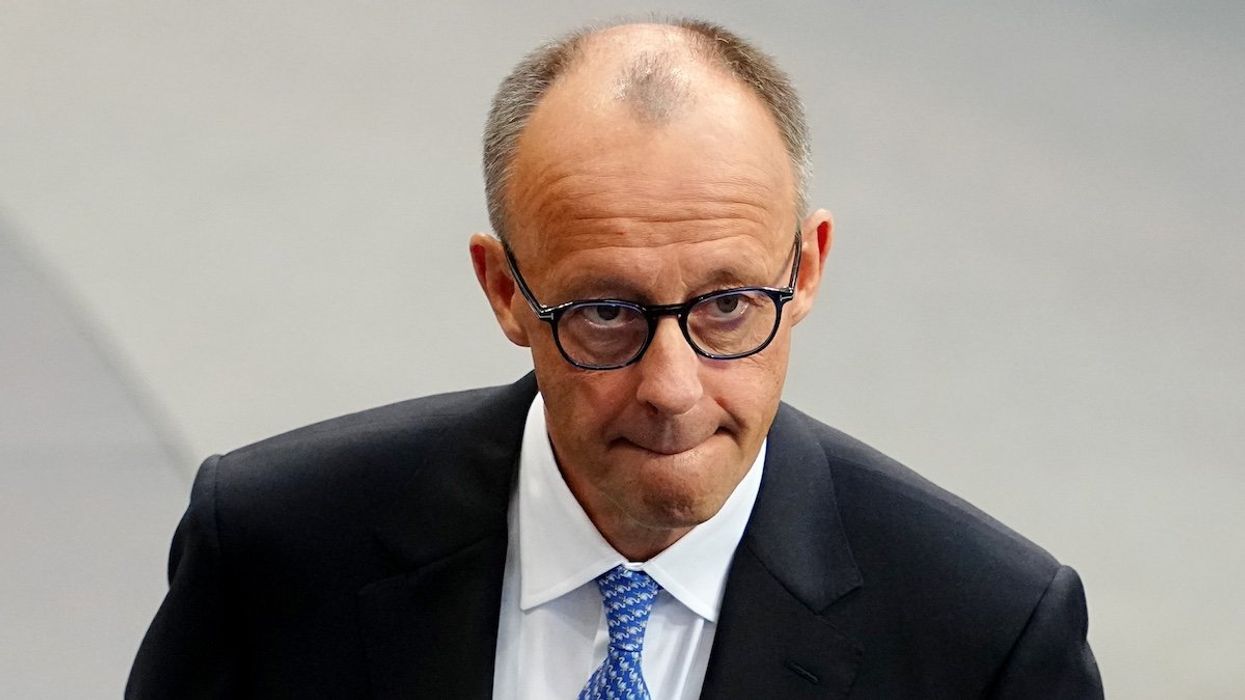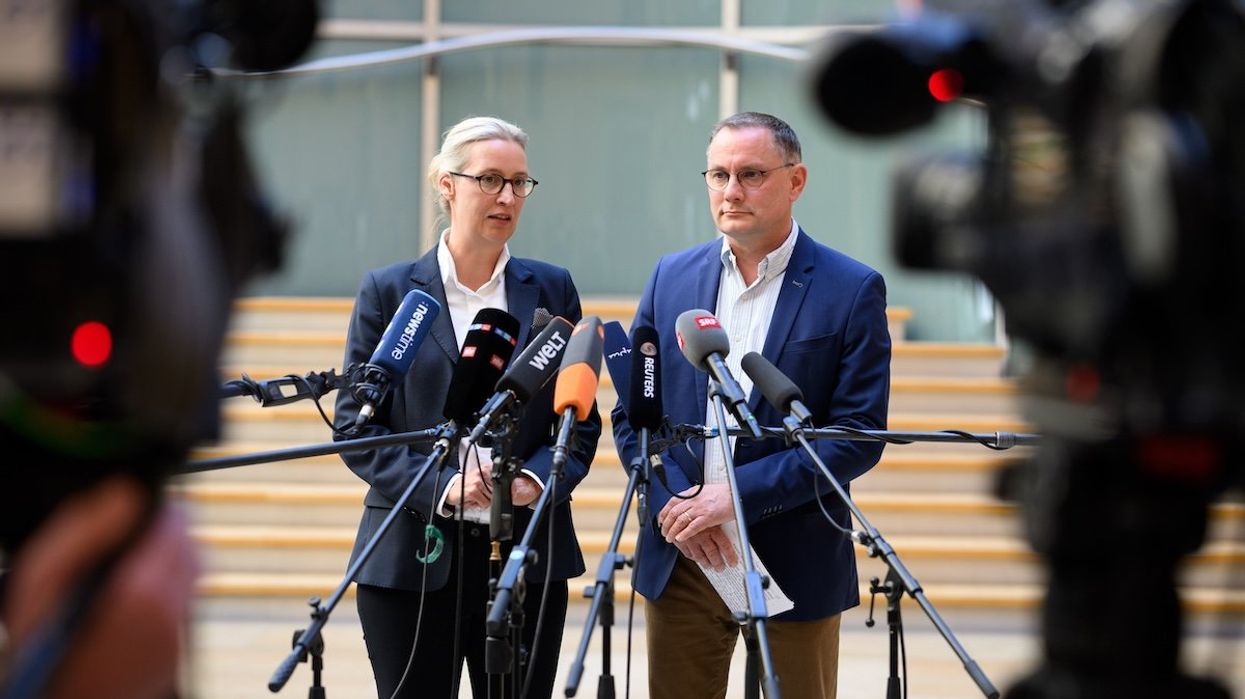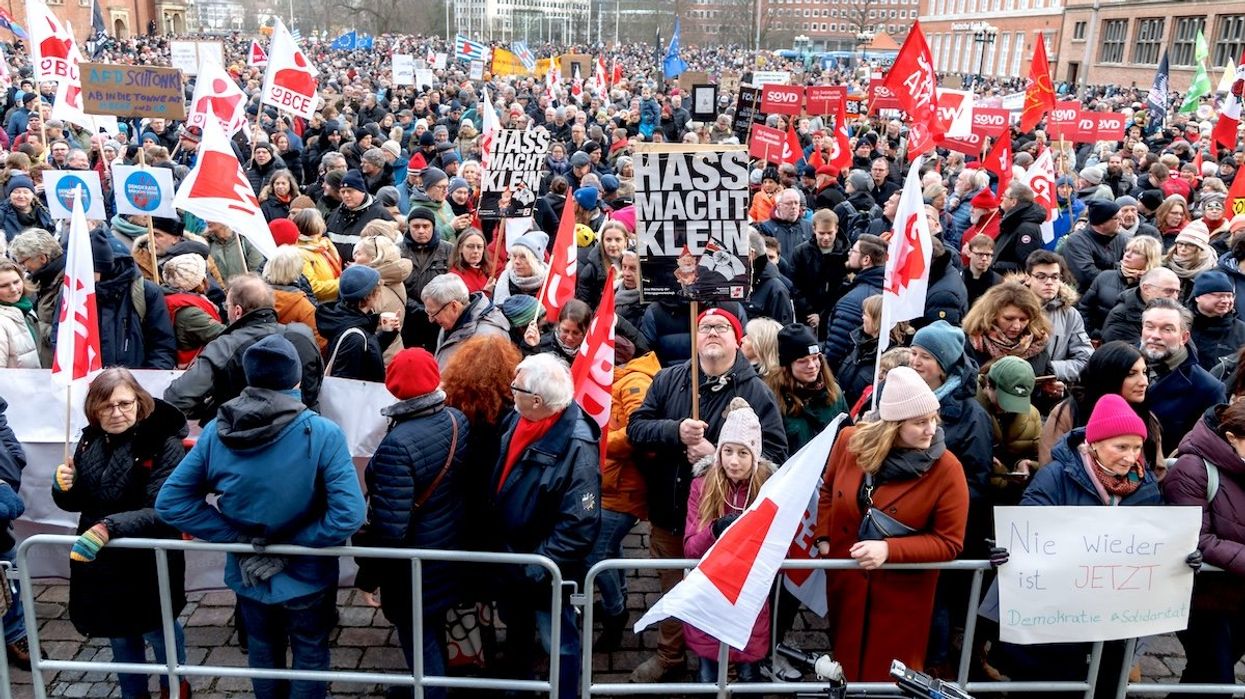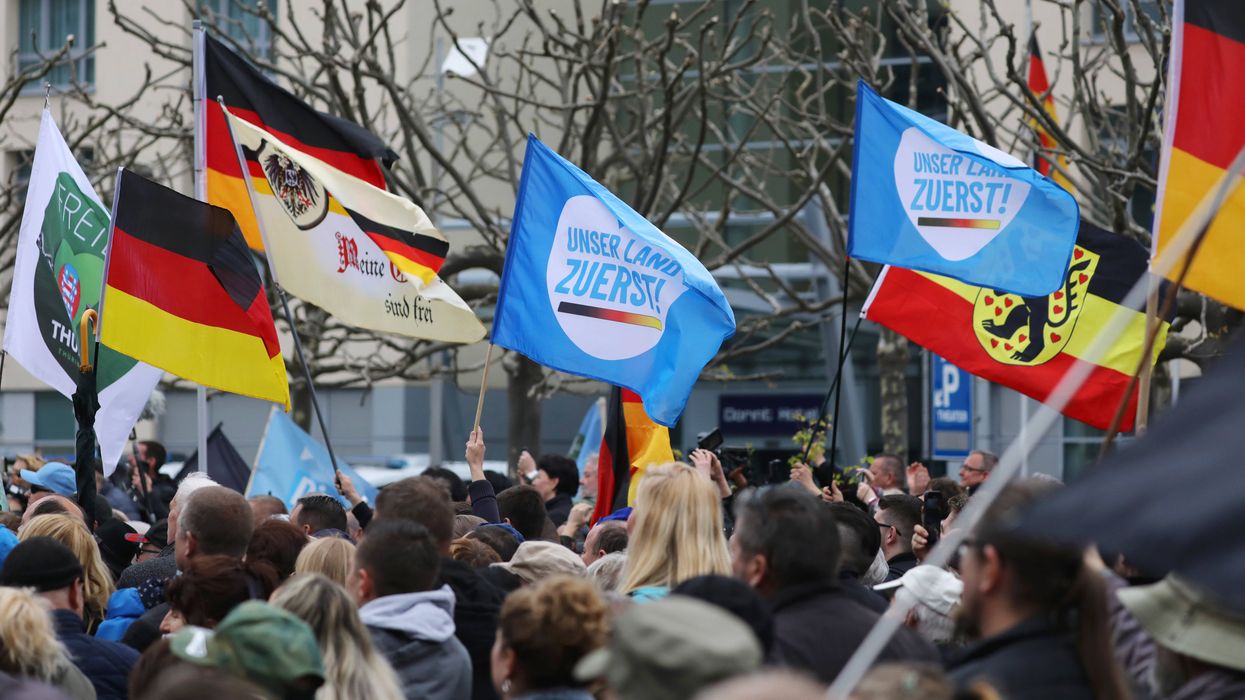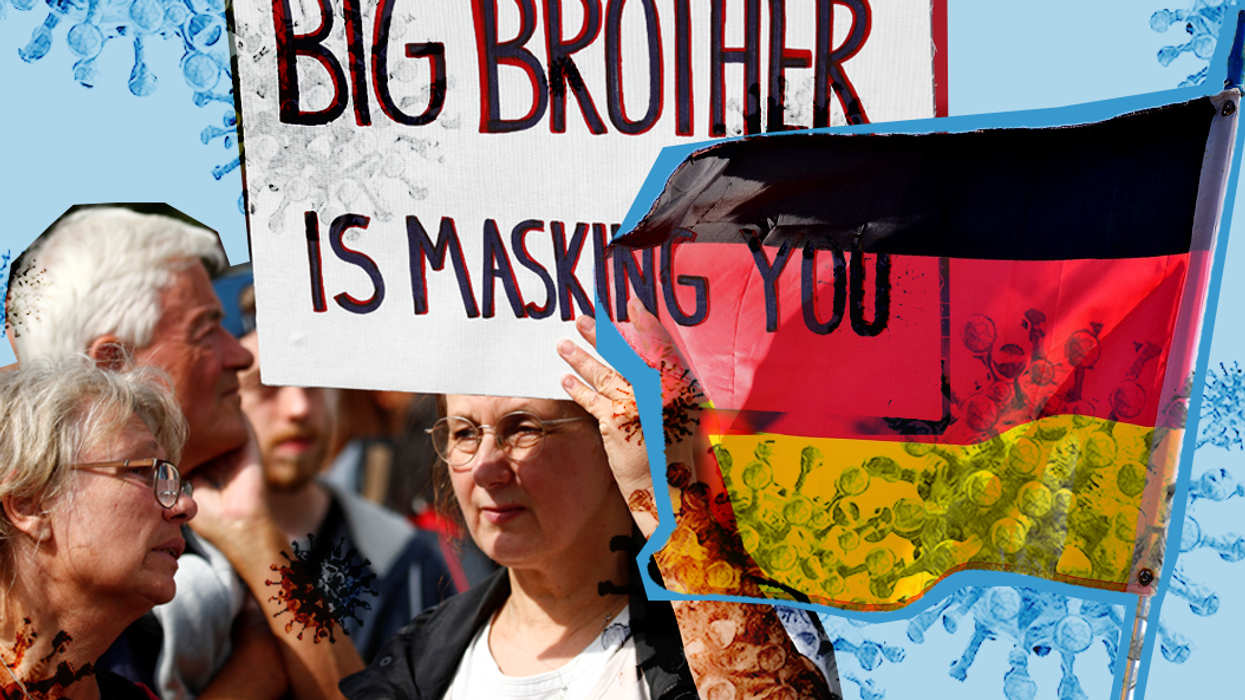What We're Watching
Friedrich Merz fails to secure chancellorship in shock vote
Christian Democratic Union leader Friedrich Merz did not become Germany’s chancellor as planned on Tuesday after at least 18 members of his coalition either abstained or voted against him.
May 06, 2025
